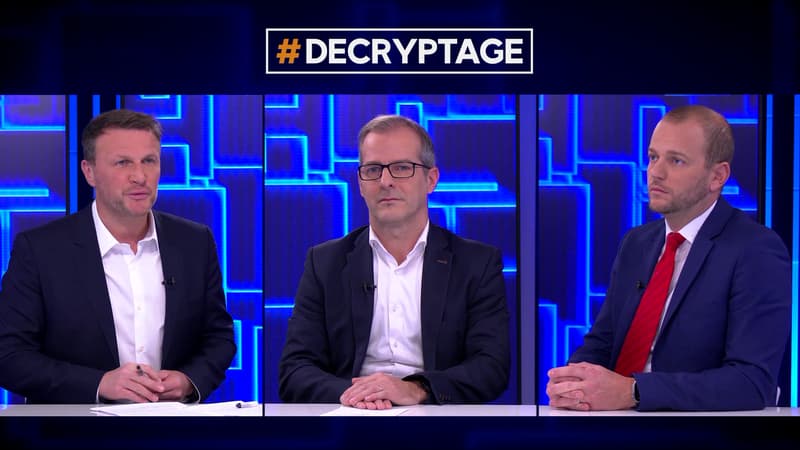Is France well placed in terms of industry 4.0?
Jérôme Amann: France and Europe have entered the era of digitalization and, when it comes to Industry 4.0, France is well placed on a global scale. Additionally, we see it among our customers, manufacturers are now aware of the need to reduce their carbon footprint. They increasingly ask us to understand both our CSR approaches and the technological innovations we can offer them to reduce their own carbon footprint.
How does this move towards the digitalization of the industry transform your own offering?
Régis Walter: Our offering focuses on propulsion systems and automation solutions, but also on AGV (automated guided vehicle) systems. AGVs are mobile robots that automate logistics flows within companies and we implement them in our own factories. In addition to optimizing flows, this contributes to reducing our carbon footprint and improving working conditions by minimizing fatigue. These systems are interconnected, promoting fluid communication between them.
Our factories, in addition to their productive function, also serve as showrooms for our customers. We integrate our latest innovations, implement them and thus demonstrate the effectiveness of our solutions through concrete examples. Thus, the SEW USOCOME factory in Brumath (Alsace) was the first in France to receive the national label “Vitrine Industrie du Futur” in our sector of activity.
JA: Continuing with the level of innovation, it should be noted that 1% of the carbon footprint of our products corresponds to their manufacturing. The remaining 99% is directly related to its use by our clients. Today we can offer motors from the high efficiency IE5 range, the highest class in terms of energy efficiency. Additionally, we can offer predictive maintenance solutions. This increases the life of the products, which mechanically reduces their carbon footprint. We have the ambition to become the national leader in the field of industrial gearboxes. This means that we now want to offer repair, maintenance and modernization services for industrial gearboxes instead of systematically offering new products. Our competence center in Lyon is a factory dedicated to this aspect.
You are a technology company. How do current transformations influence your R&D strategy?
JA: Ecodesign is one of the priorities of our design office (based in Germany). The goal is to design products that are easier to disassemble and repair. But also more easily recyclable and “remanufacturable”. In fact, we apply the 9 “R” strategy that can be used to achieve a more circular economy: “recover”, “recycle”, “reintegrate”, “remanufacture”, “renew”, “repair”, “reuse” , “reduce”, “rethink” and “reject”.
RW : At the group level, we are also working on what I will call deglobalization. That is, guarantee, for example, that in the European region we can produce more and more for this region.
YoTherefore, there is the challenge of reindustrialization…
RW: That’s the case. The SEW-EURODRIVE group has invested heavily so that Asian production supplies the Asian market, European production supplies Europe, and American production supplies the Americas. Obviously, this requires developing adequate supply, logistics and product chains. This is what we strive to implement to reduce our carbon footprint. Proximity will also allow us to respond to the chain disruption issues we have experienced over the past two years. That is why industrial companies and Europe are currently forced to incorporate these challenges to establish production on a local scale.
This content was produced with SCRIBEO. The BFMBUSINESS editorial staff was not involved in the production of this content.
Source: BFM TV


